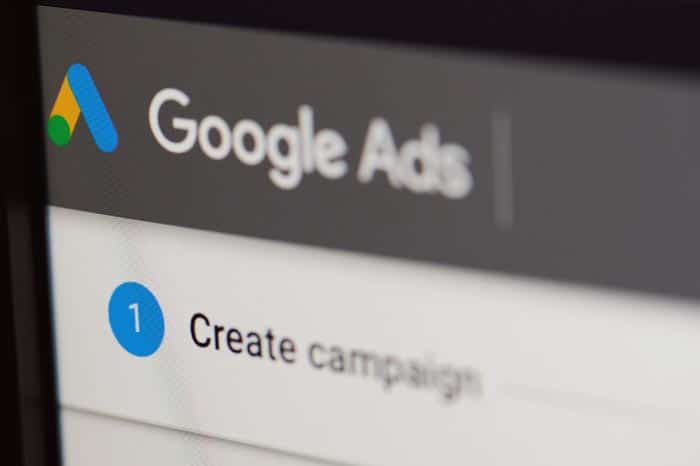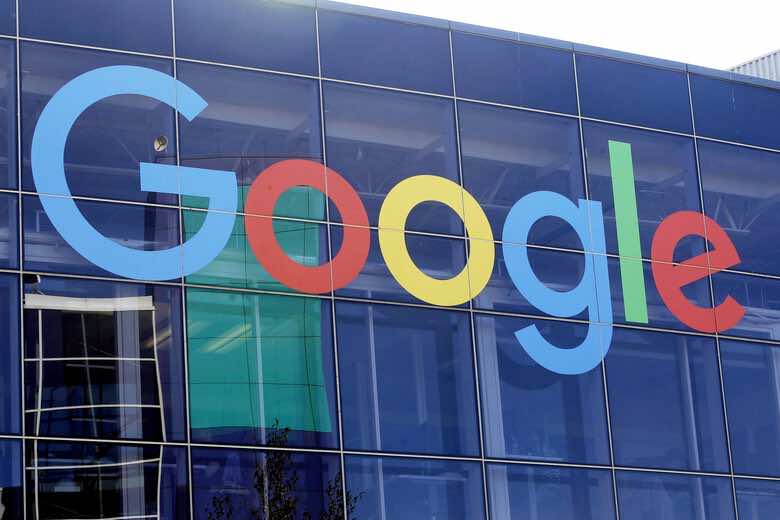Internet search giant Google announced this week that it would stop tracking users as they scroll the web, the way it has been doing since forever using cookies.
The search engine has promised not to design or use an alternative to cookies once it eliminates the use of its third-party cookies in the coming year.
It doesn’t mean that Google would stop using first-party information, which it collects straight from the users when they visit sites and services controlled by Google. Also, don’t confuse it with eliminating the machinery used to identify the web’s denizens and ad servings; they will remain the way they are.
What it does mean is that a specific initial chapter of the internet is coming to its end. Computer-based web browsers defined the period as intensified by several creations where ‘cookies’ were the first among those innovations.

The Cookies were first invented in 1994 by computer programmer Lou Montulli. He named them relating to ‘magic cookies’ laid by scientists to routine computer operations. In the absence of these cookies, “each time a user clicked to move to a different page, they would become just another random user with no way to associate them with an action they had done just moments ago.”
For those who don’t have a better idea of its use, Cookies enabled browsers to remember their users, allowing easy navigation over the web. They are the base-tool that popularized the web for greater marketing purposes. Commercializing the web, cookies helped spawn a universe where personal privacy was easily breached and ads for thousands of products appearing on the homepages.
Technological advances also fueled the fall of the mighty cookies. Clients have spent years gathering at applications on mobile devices which do not accumulate web-based-cookie-tracking as efficiently as once the desktops did. Google’s Chrome browser is on track to block these third-party cookies, whereas safari’s chrome browser and Apple’s Safari browser have introduced blocking them earlier.

David Temkin, a Google executive, stated, “People shouldn’t have to accept being tracked across the web to get the benefits of relevant advertising. Google announced it would find alternatives to digital ankle bracelets, and advertisers don’t need to track individual consumers across the web to get the performance benefits of digital advertising.”
However, Google doesn’t seem worried about the threat to its profit-earning model based on advertisements. Google’s marketers have been preparing for this for quite some years now and have already developed alternative ways to track people surfing the web. Moreover, Google has created digital tools as part of the ‘privacy sandbox’ that caters to ads targeting like-minded groups of individuals.


